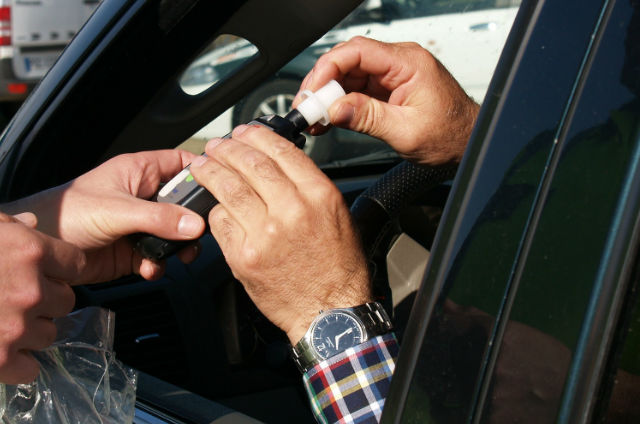
The state of Texas has strict DWI laws. Under the Texas Penal Code, you can be convicted of drunk driving if your blood alcohol concentration (BAC) is higher than 0.08. As any good Austin DWI defense attorney will tell you, many people make major mistakes when they are pulled over for a traffic stop. If you have been pulled over, you need to know what to do to protect your legal rights and to ensure you don’t face severe DUI/DWI penalties.
In the United States, all defendants are innocent until proven guilty in a court of law. Defendants have no obligation to help the prosecution prove their case; instead, the state of Texas has the burden of proof in DWI cases. One of the biggest mistakes you can make as a defendant is voluntarily agreeing to blow into the machine or submit to a blood test.
Refusing to Blow or Give Blood Subjects You to a Civil Penalty
There is a lot of confusion about whether or not motorists in Texas are legally required to take a breathalyzer test or give a blood sample. The answer is a resounding no. You are fully within your rights to refuse to blow into the machine. A Texas police officer cannot physically force you to take a breathalyzer test.
This is not to say that there are zero consequences for a refusal. When you get a license from the Texas Department of Public Safety, you are inherently agreeing to take a breath test when asked to do so during a traffic stop. If you refuse a breathalyzer test, you will be subject to automatic civil penalties. To be clear, a refusal is a civil infraction. Your Texas driver’s license comes with an implied contract that you will submit to a breath test or blood test. Refusal to do so is a breach of that contract. Upon refusal, you will likely be arrested, your license will be taken, and you will be issued a piece of paper that acts as your temporary license and serves you notice of suspension.
With all that being said, an experienced Texas DWI defense attorney will likely tell you that you should still refuse to submit to a breath test or blood test. Why? Because if you are being asked to perform those tests, you are almost certainly about to be arrested for drunk driving regardless of the results. At this point in your interaction, the police officer is most likely attempting to secure additional evidence of your guilt.
Avoid Criminal DWI Punishment: Exercise Your Right to Refuse to Blow or Give Blood
Being convicted of the criminal offense of drunk driving carries a much greater penalty than does the civil infraction of a refusal to blow into the machine or submit to a blood test. Once you have been suspected of drunk driving, you need to take care to protect your legal rights. While you should always remain polite with the responding police officers, you are under no obligation to answer questions or assist them with their criminal investigation.
At this point, the best thing that you can do to protect your own best interests is to exercise your right to request access to your Austin criminal defense lawyer. Your lawyer will be able to guide you through the legal process, helping you protect your rights, your freedom, and your driving privileges.

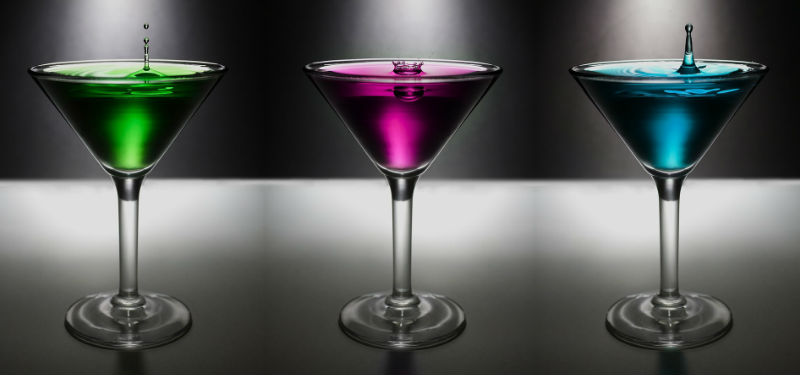
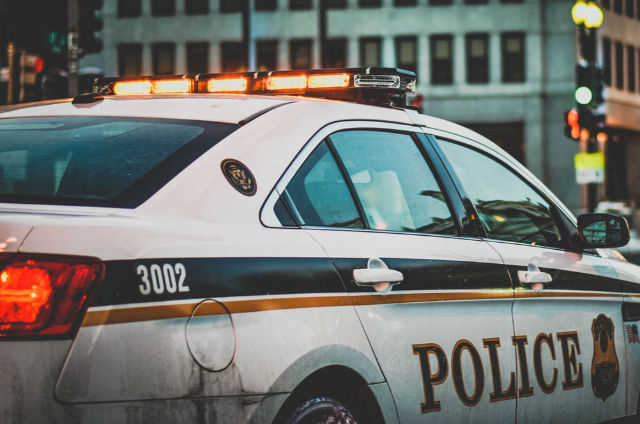
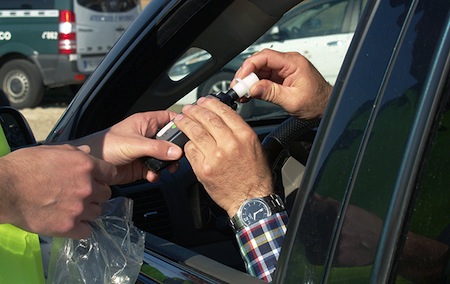
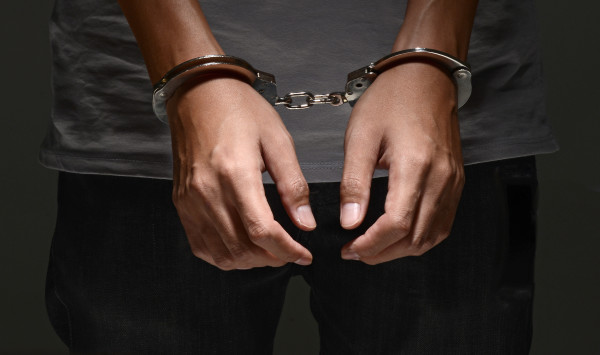
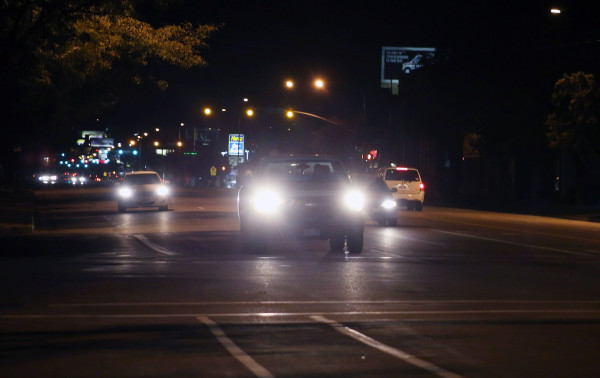


Recent Comments